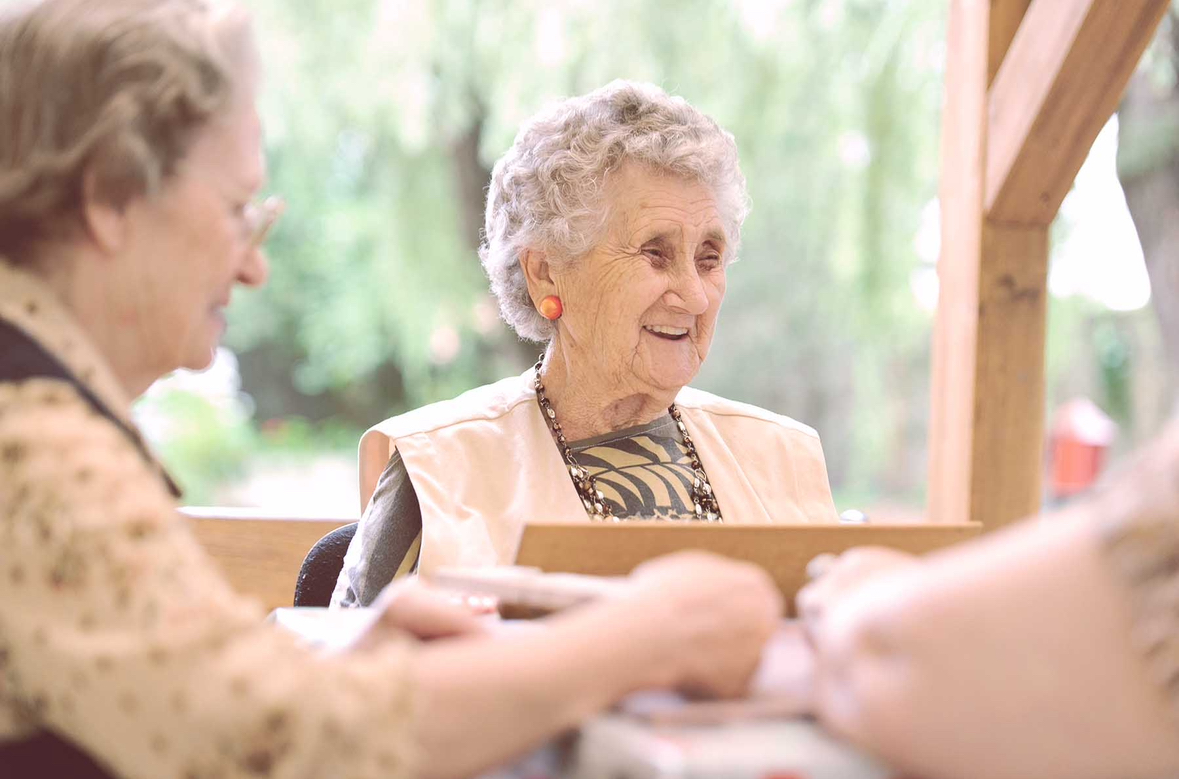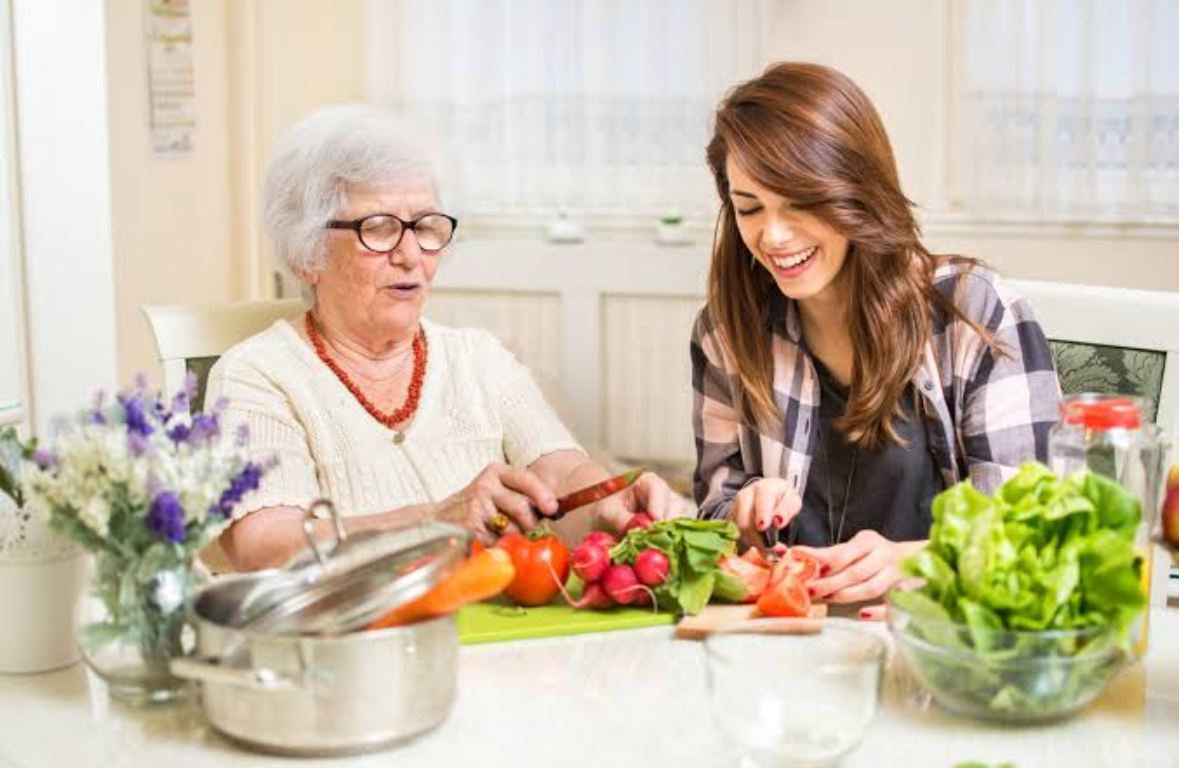Seniors' mental health can be improved by encouraging social connections, encouraging exercise, ensuring a balanced diet, providing mental stimulation through hobbies and activities, establishing routines, teaching relaxation techniques, supporting medical needs, and encouraging professional help when necessary. To increase older folks' general well-being, it is crucial to establish a secure and encouraging environment while encouraging honest communication and empathy.

Enhancing seniors' mental health in the following 10 ways will help:
1. Promote social ties: Encourage seniors to keep and grow their social ties. Regular interactions with friends, family, and people in the community can help fight loneliness and improve mental health.
2. Regular physical exercise: Encourage seniors to get regular physical exercise, even if it's just a daily walk. Physical activity can improve your mood, lower stress, and make your mind work better.

3. Eat a healthy diet: Stress the value of a balanced diet full of fruits, vegetables, whole grains, and lean proteins. Proper nutrition is good for the brain and your general health.
4. Mental Stimulation: Encourage seniors to do things that test their minds, such as puzzles, reading, or learning a new skill. Keeping the brain busy can help maintain cognitive function.

5. Make a Routine: Set up a daily routine that gives you order and a purpose. Having a plan can help seniors feel less anxious and more in control of their lives.
6. Meditation and Relaxation Techniques: Teach seniors ways to relax, like meditation, deep breathing, or progressive muscle relaxation, to deal with worry and anxiety.
7. Hobbies and interests: Help and encourage seniors to explore their hobbies and interests. Taking part in things they enjoy can make them happy and give them a sense of accomplishment.
8. Regular medical checkups: Make sure adults have regular medical checkups to check on their physical and mental health. Taking care of any underlying health problems is important for mental health.

9. Stay informed about medicines: Help older people understand what their drugs are for, how they work, and any possible side effects. Make sure they take their prescribed medications as advised.
10. Professional Help: Tell older people to see a professional if they are having trouble with their mental health. When needed, a therapist, counsellor, or psychiatrist can provide helpful support and care.
Remember that seniors' mental health needs can be different, so it's important to tailor your approach to each person's preferences and situations. Regular communication, empathy, and help from family and friends are also important parts of improving the mental health of seniors.
© Copyright 2023. All Rights Reserved Powered by Vygr Media.


















